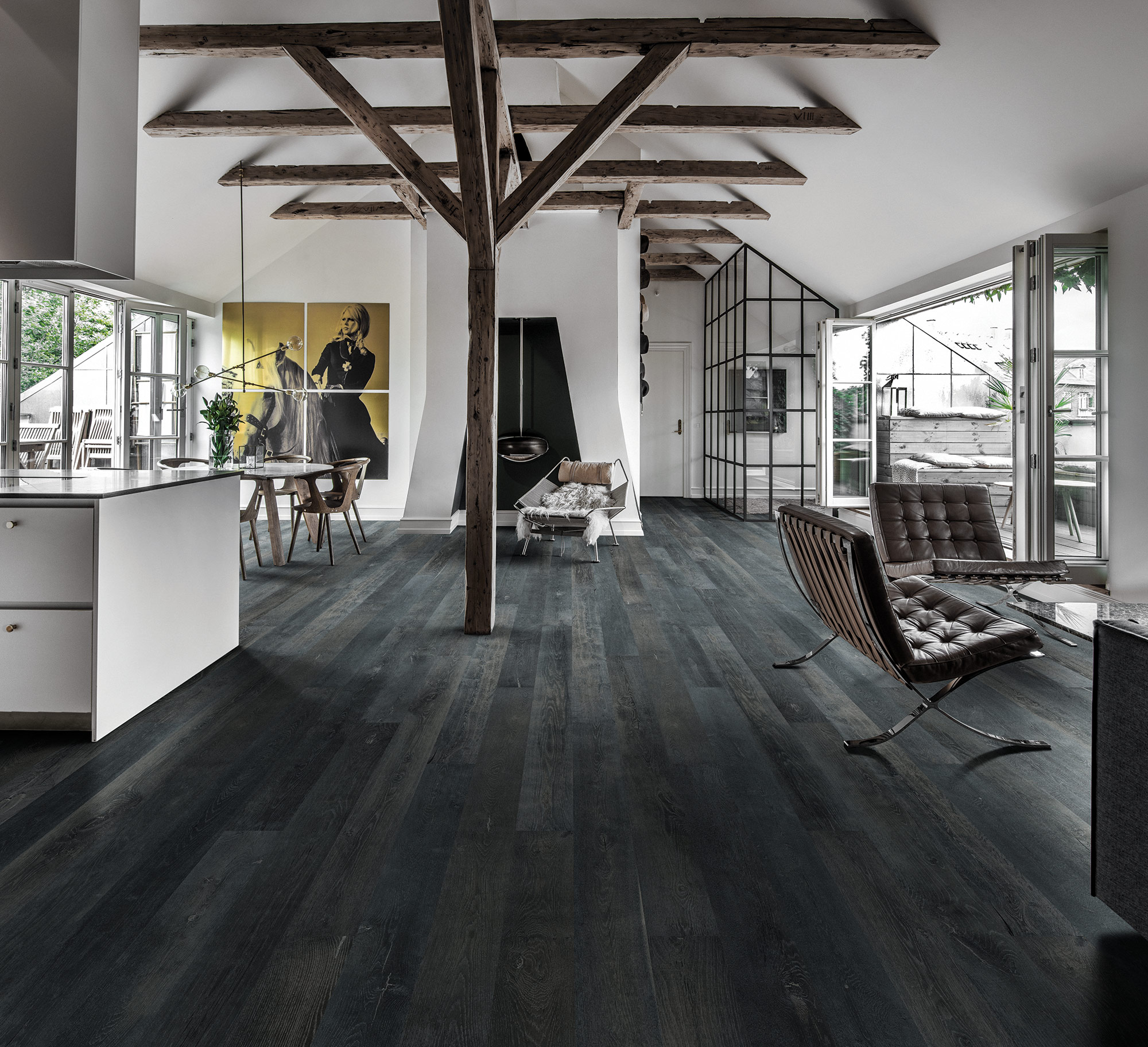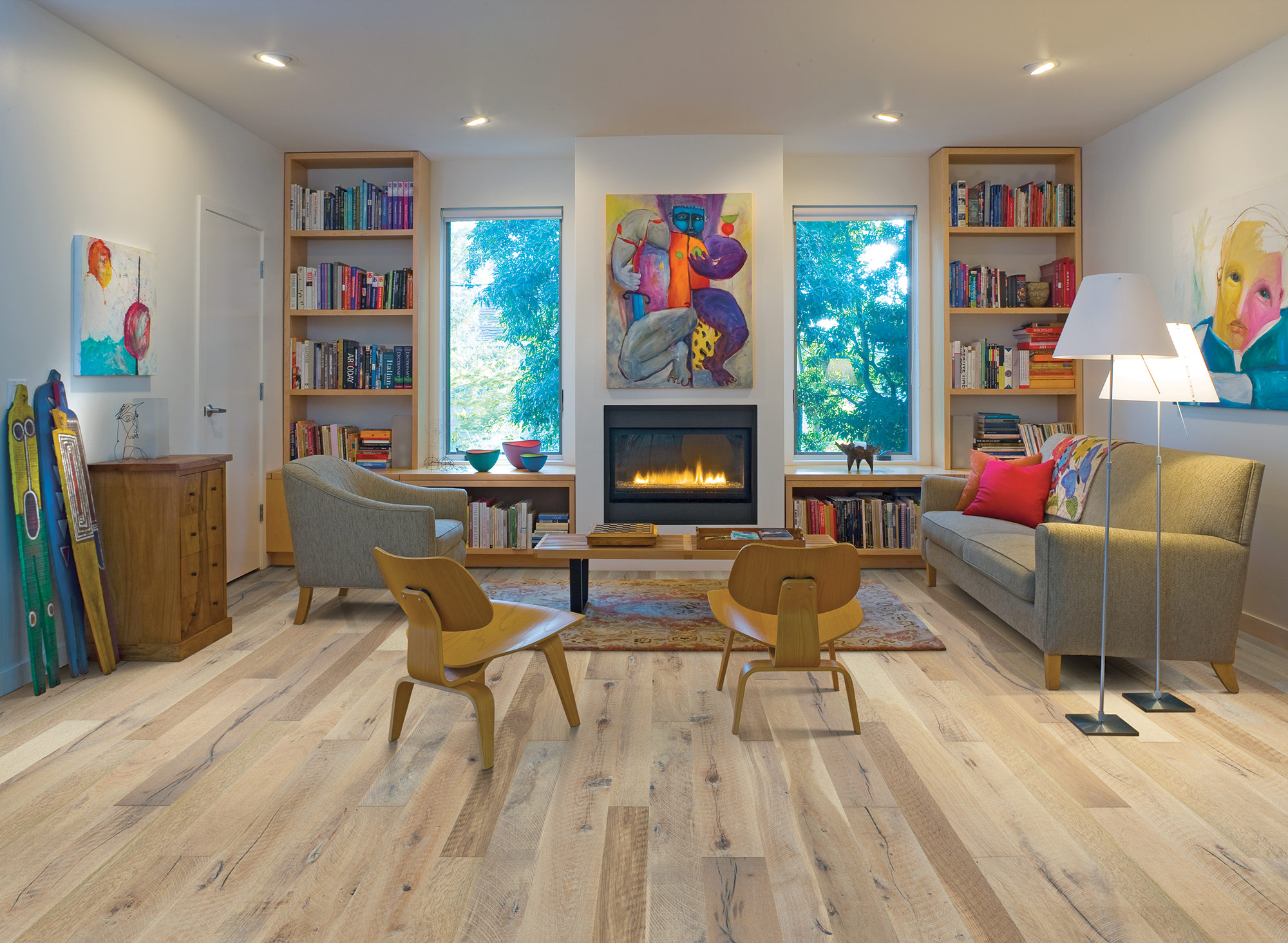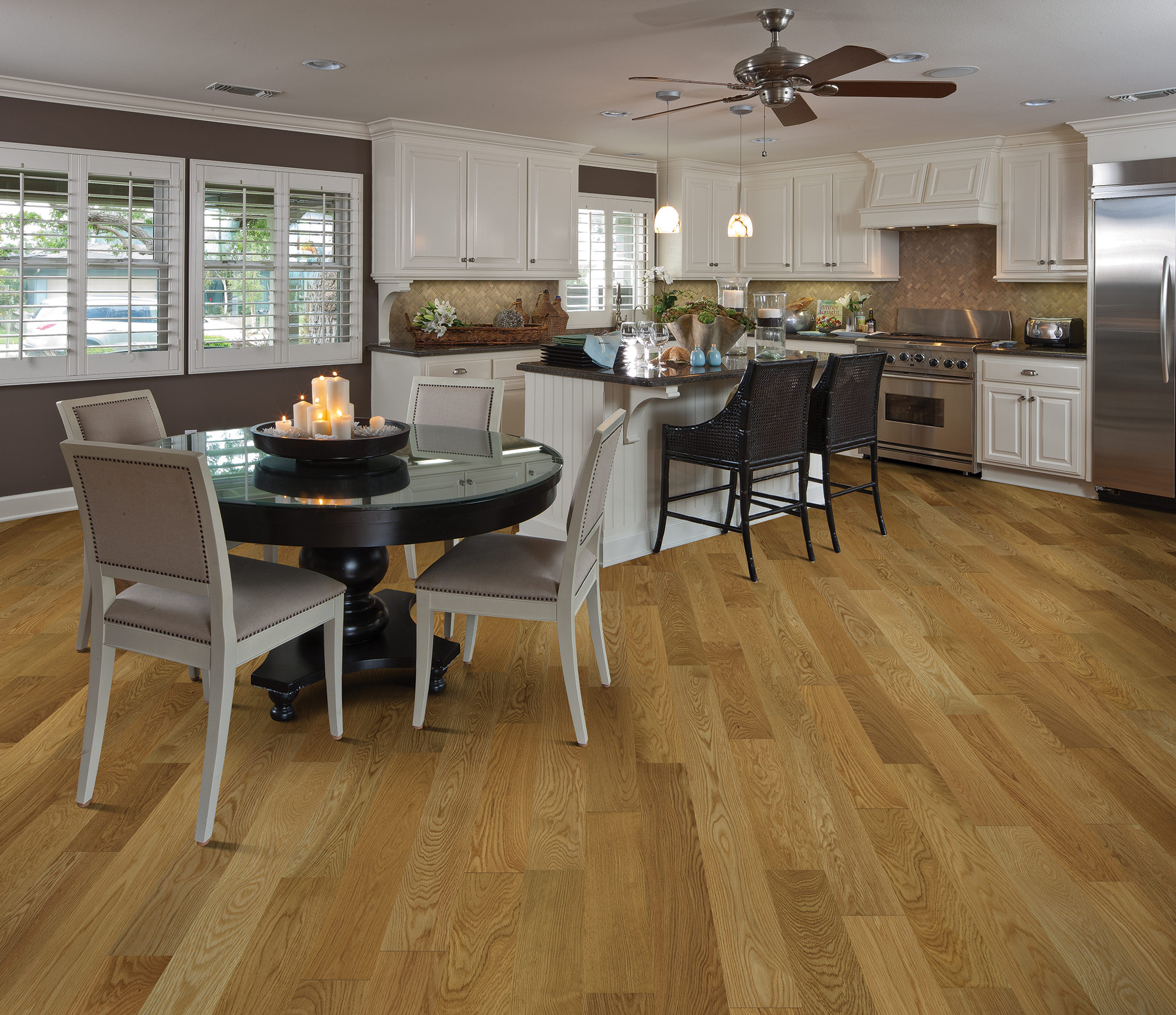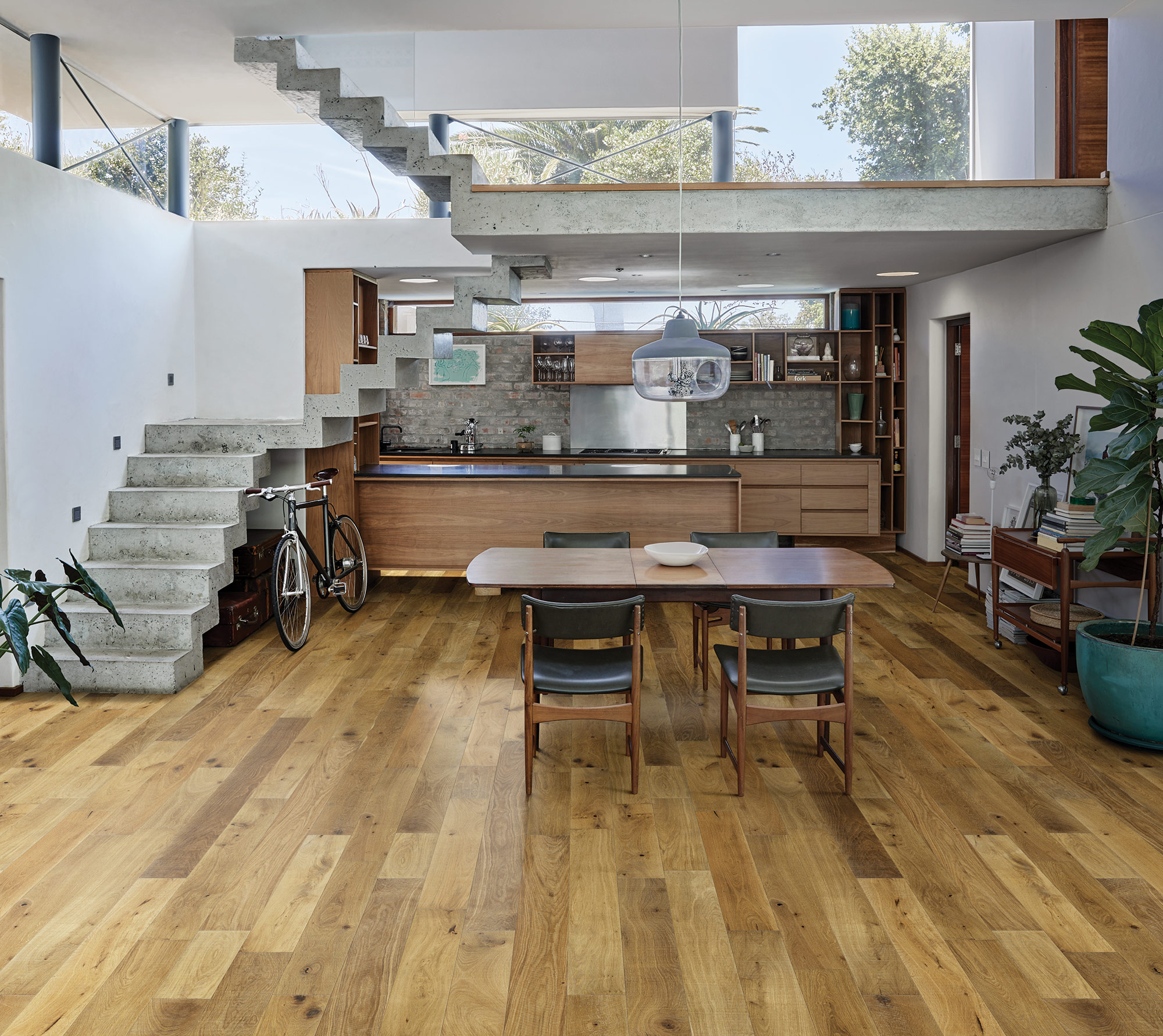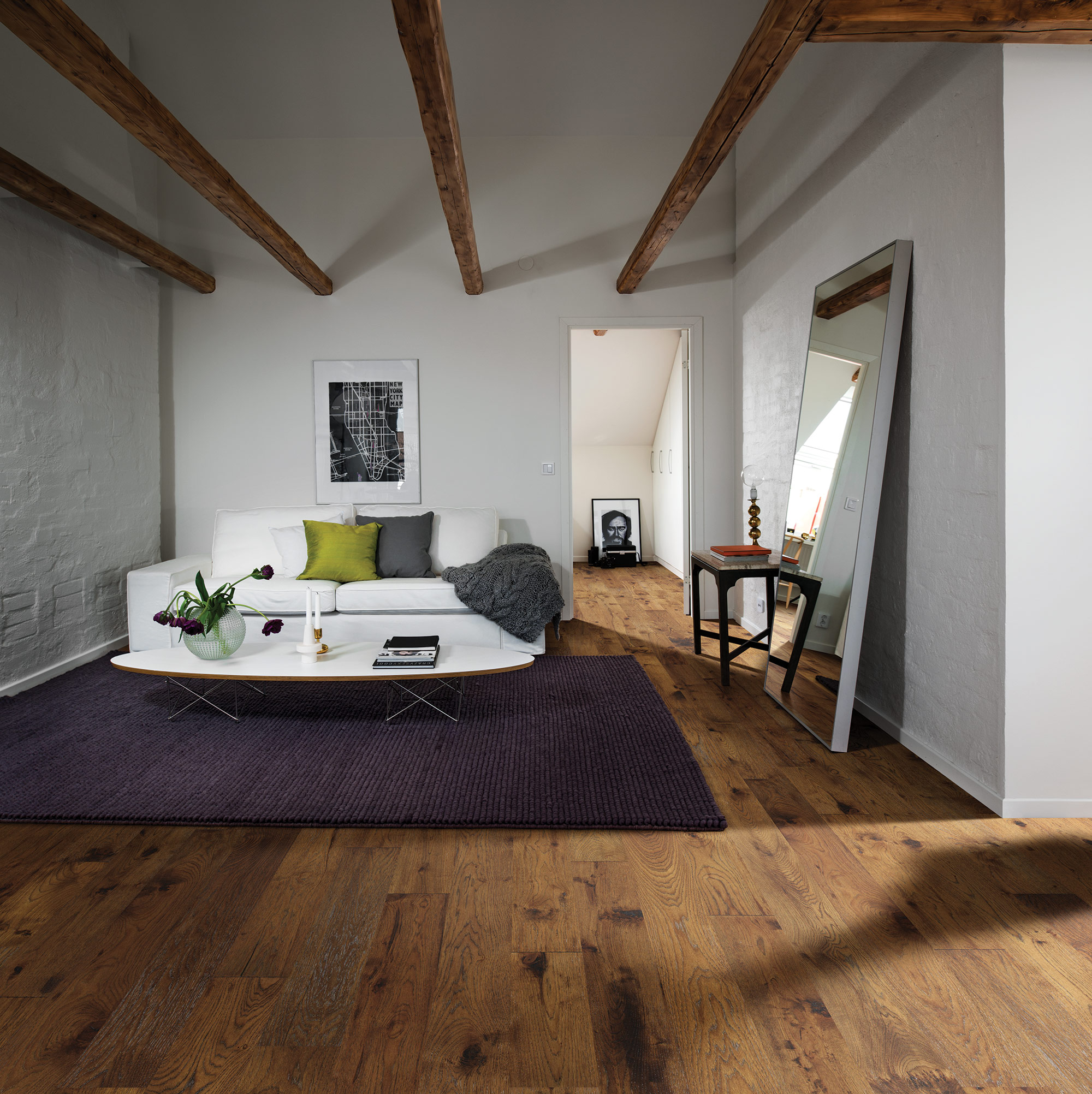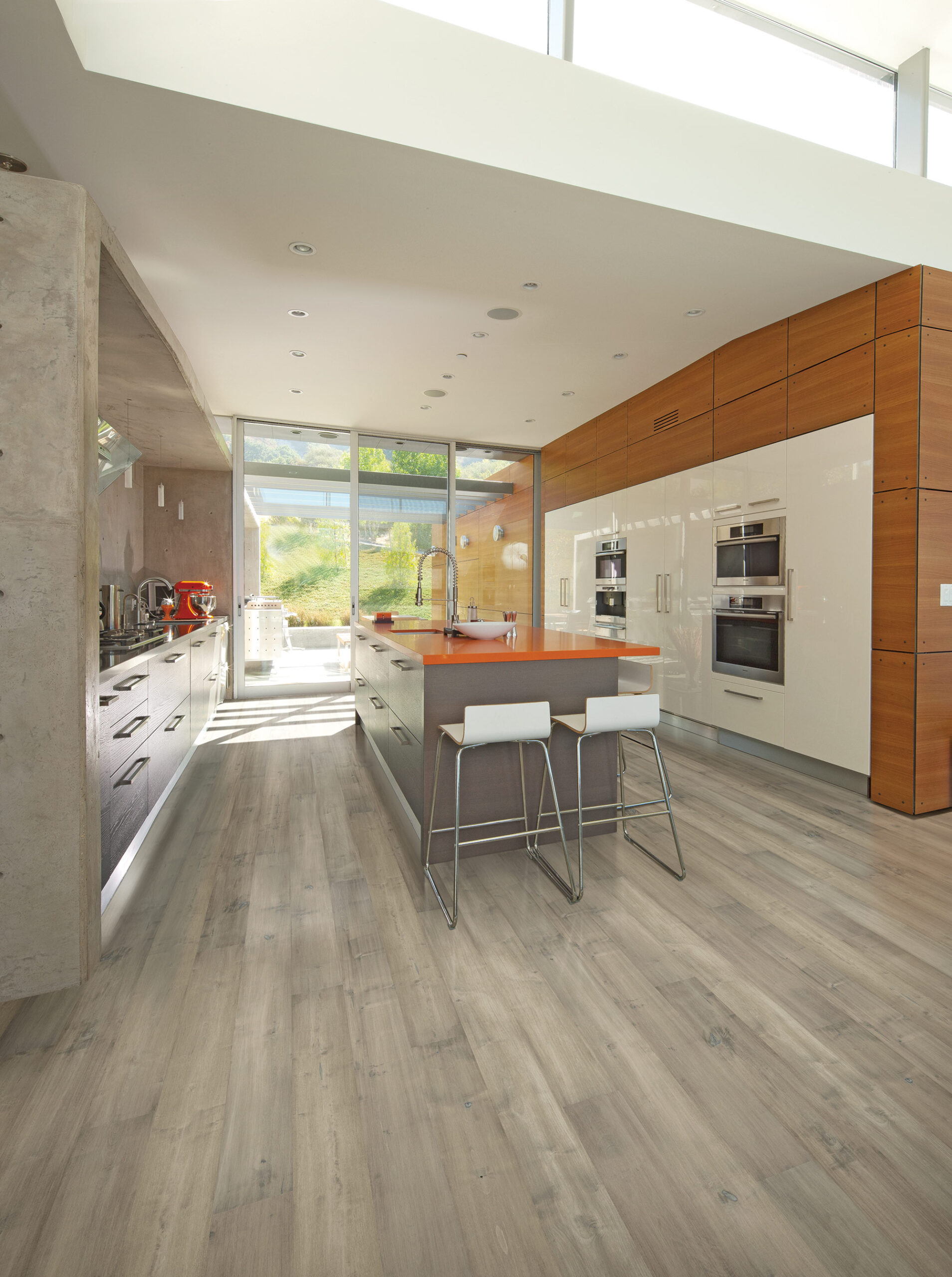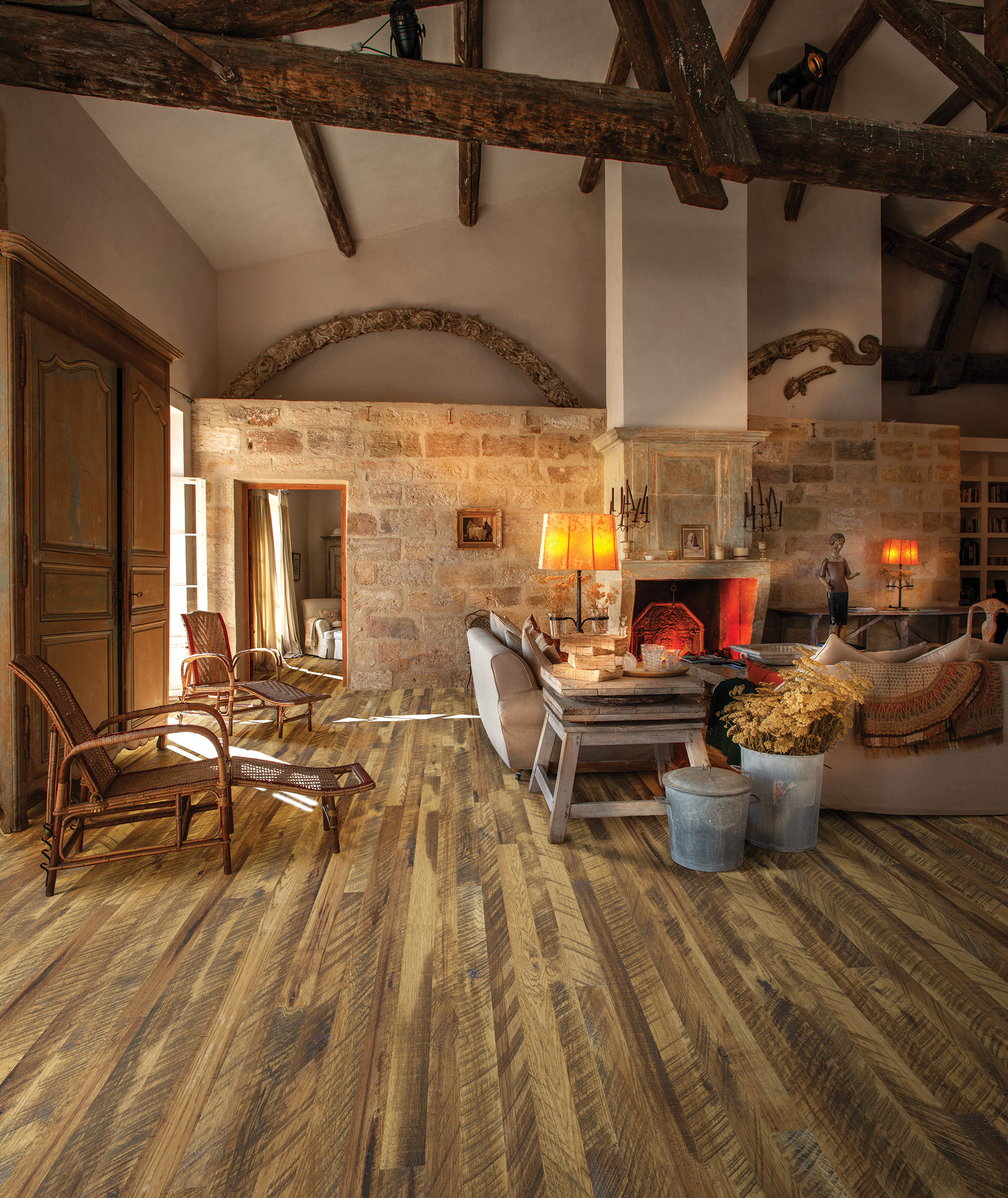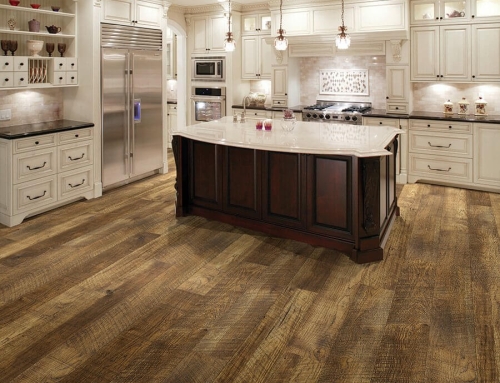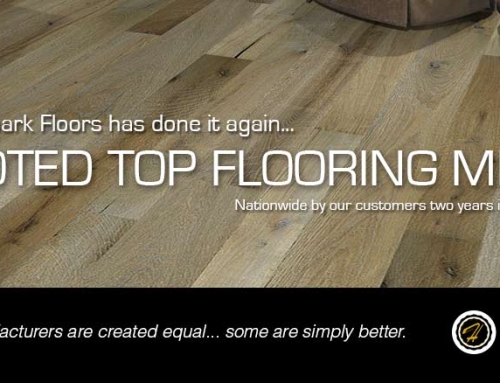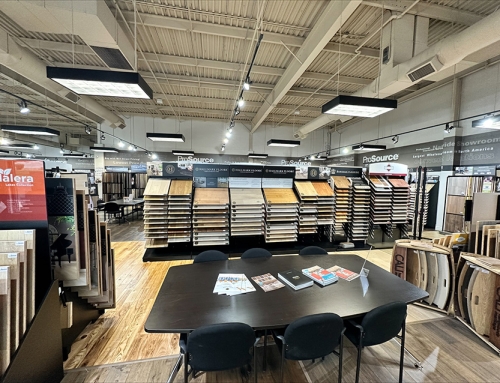HARDWOOD FLOORING DEALERS NEAR ME
HOW TO FIND GOOD ONES THAT SERVE YOUR LOCATION
Embarking on a hardwood flooring project in the United States requires careful consideration, from selecting the right wood species to finding a skilled installer. With a vast market of manufacturers and dealers, it can feel overwhelming. This comprehensive guide will walk you through the process of finding reputable hardwood flooring dealers across the country.
1. Leverage Online Resources and Localized Search
Your search for “hardwood flooring dealers near me” should always begin online, using specific and localized search terms. While broad terms like “hardwood flooring” will yield many results, adding your city, state, or even a specific neighborhood will give you a more manageable and relevant list.
✓ Be Specific: Instead of “hardwood flooring,” try “solid hardwood flooring dealers in Seattle, WA” or “engineered hardwood installation in Austin, Texas.”
✓ Utilize Dealer Locators: Many major hardwood flooring brands in the U.S. have a “dealer locator” tool on their website. Brands like Bruce, Anderson Tuftex, Shaw Floors, Mullican, Mirage Floors and my personal favorite, Hallmark Floors, all have these features, which can help you find authorized retailers in your area. This ensures you’re working with a dealer that meets the manufacturer’s standards.
✓ Check Review Platforms: Use platforms like Google Maps, Yelp, and local business directories to find dealers and read their customer reviews. Pay close attention to feedback on:
✓ Customer Service: Is the staff knowledgeable and helpful?
✓ Installation Quality: Do reviews mention the professionalism and skill of the installation crew?
✓ Product Satisfaction: Are customers happy with the look and longevity of their new floors?
–
–
–
–
–
–
–
–
2. Understand Key Industry Certifications, Resources and Localized Search
A reputable dealer will carry products with recognized certifications that speak to quality, sustainability, and safety. Understanding these can help you vet potential dealers.
✓ NWFA/NOFMA Mill Certification: The National Wood Flooring Association (NWFA) and the former National Oak Flooring Manufacturers Association (NOFMA) offer certifications that ensure manufacturers adhere to strict production standards for wood grade, moisture content, and milling.
✓ FSC® (Forest Stewardship Council) and PEFC™ (Programme for the Endorsement of Forest Certification): These certifications are crucial for ensuring the wood comes from sustainably and ethically managed forests. This is a top priority for many eco-conscious consumers.
✓ FloorScore® and GreenGuard: These certifications relate to indoor air quality, guaranteeing that the flooring has low volatile organic compound (VOC) emissions. This is essential for a healthier home environment, especially for those with allergies or respiratory sensitivities.
✓ CARB Phase 2 Compliance: For engineered hardwood, this certification ensures the product meets stringent California Air Resources Board standards for formaldehyde emissions, which are some of the strictest in the world.
HALLMARK FLOORS – HARDWOOD COLLECTION
3. Know Your Brands and Product Types
Familiarize yourself with some of the top hardwood flooring brands in the U.S. and the types of products they offer. This will help you have an informed conversation with any dealer.
✓ Solid vs. Engineered: Know the difference. Solid hardwood is a single piece of wood, while engineered hardwood consists of a top layer of real wood veneer over a core of plywood or high-density fiberboard. Engineered wood is generally more stable and better suited for basements or over concrete slabs.
✓ Popular Brands: Top brands like Bruce, Shaw Floors, Mullican Hardwood, Somerset, and Mirage Floors are widely distributed and known for their quality.
✓ Niche Brands: If you’re looking for something specific like reclaimed wood or an exotic species, seek out dealers who specialize in those products. Brands like K.D. Woods Company specialize in reclaimed materials.
4. The Importance of a Showroom Visit
While online research is a great start, a visit to a physical showroom is non-negotiable. It allows you to:
✓ See and Feel the Product: Look at large samples, not just small squares. See how the color and texture change in different lighting.
✓ Meet the Team: Talk to a sales professional. A good dealer will have a team that is not only knowledgeable about products but can also offer insights into installation, maintenance, and the right product for your home’s unique climate and subfloor.
✓ Check for Professionalism: A well-kept showroom, organized product displays, and a team that listens to your needs without being pushy are all positive signs of a reputable business.
5. Ask the Right Questions
When you’re ready to get a quote, be prepared with a list of questions to ensure you’re hiring the right professional.
“Are you licensed, bonded, and insured?”
“Are your installers employees or subcontractors?” (Employees are often a sign of better quality control.)
“Can you provide a list of references or a portfolio of recent projects?”
“What is your warranty on both the product and the installation?”
“Can you provide a detailed, written estimate that includes all costs: materials, labor, subfloor preparation, and trim work?”
By following these steps, you can confidently navigate the hardwood flooring market in the U.S., find a reputable dealer, and ensure your new floors are a lasting and beautiful addition to your home.
WHEN SHOPPING FOR HARDWOOD FLOORS
There are significant differences between visiting an online retailer and a physical showroom. Each method has its own set of pros and cons, which can greatly impact your final decision and overall experience.
VISITING AS ONLINE RETAILER
PROS:
Wider Selection: Online stores typically have a much larger inventory than a physical showroom, which is limited by floor space. You can browse a vast array of species, finishes, and plank sizes from the comfort of your home.
Lower Prices: Online retailers often have lower overhead costs (no physical store, less staff) and can pass those savings on to the customer. You may also avoid sales tax on out-of-state purchases, which can lead to significant savings.
Convenience: Shopping online is incredibly convenient. You can browse and compare options at any time, day or night, without having to travel. This is particularly beneficial for those with busy schedules.
Easy Comparison: Websites are designed to let you easily compare products side-by-side, analyzing features, prices, and customer reviews to make an informed decision.
CONS:
Inability to See and Feel: This is the biggest drawback. You can’t physically see, touch, or feel the quality, texture, and true color of the wood. The color of a floor can look dramatically different in person than it does on a computer screen, and it’s impossible to gauge its feel or sturdiness from a picture.
Samples are Limited: While many online retailers offer samples, they are often small and may not accurately represent the natural variations in color, grain, and rustic characteristics of the full floor.
Shipping Issues: Hardwood flooring is a heavy, bulky product. Shipping costs can be substantial and may negate any savings from a lower product price. There is also a risk of freight damage during transit, and returns can be complicated and costly.
Lack of In-Person Expertise: You miss out on the valuable, personalized advice that a flooring professional can provide. An online chat or email can’t replace an expert who can assess your specific needs, such as the climate of your area, the type of subfloor you have, and the expected foot traffic in your home.
Accountability: If something goes wrong with the product or installation, you can get caught in the middle, with the online seller blaming the installer and the installer blaming the product. A local retailer often offers a single line of accountability for both the product and the labor if they also handle installation.
VISITING A SHOWROOM
PROS:
Tangible Experience: You can see and feel the product in person. You can walk on larger sample panels to test the underfoot feel and see how the floor looks in different lighting conditions. You can also borrow samples to see how they look in your own home with your existing furniture and wall colors.
Expert Guidance: Showroom staff are flooring specialists who can offer tailored advice. They can help you choose the right type of wood for your lifestyle, budget, and home’s specific conditions (e.g., a home near a body of water or one with a lot of direct sunlight).
One-Stop Shop and Accountability: Many showrooms offer not only the product but also professional installation services. This creates a single point of contact and accountability for the entire project, from product selection to installation and warranty support.
Problem Resolution: If there are any issues with your order, it’s often easier and quicker to resolve them in person with a local business.
High-Quality Products: Local retailers often work with trusted manufacturers and may offer higher-quality or more unique products that aren’t widely available online. They can explain the different grades and qualities of wood and help you avoid subpar materials.
CONS:
Higher Prices: Physical showrooms have higher overhead costs, which are often reflected in the price of the products. You may also have to pay local or state sales tax.
Limited Selection: The product selection is limited to what the showroom can physically display. While they may have catalogs to order from, you won’t get the same hands-on experience with every option.
Less Convenience: You have to travel to the store and adhere to their business hours.
Sales Pressure: Depending on the store, you might feel pressure from a salesperson to make a quick decision.
IN SUMMARY
The big difference is the balance between cost/convenience and the tangible experience/expert support. Online shopping is great for budget-conscious buyers who have a clear idea of what they want and are comfortable managing the logistics. A showroom visit is invaluable for a significant investment like hardwood flooring, providing the confidence that comes from seeing and feeling the product, getting personalized advice, and having a single, reliable source for the entire project.



